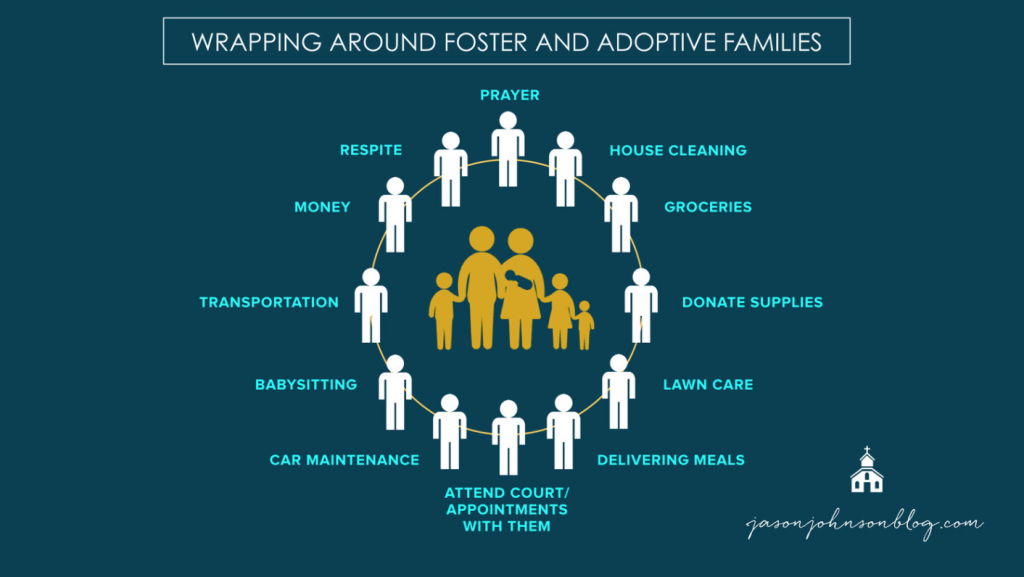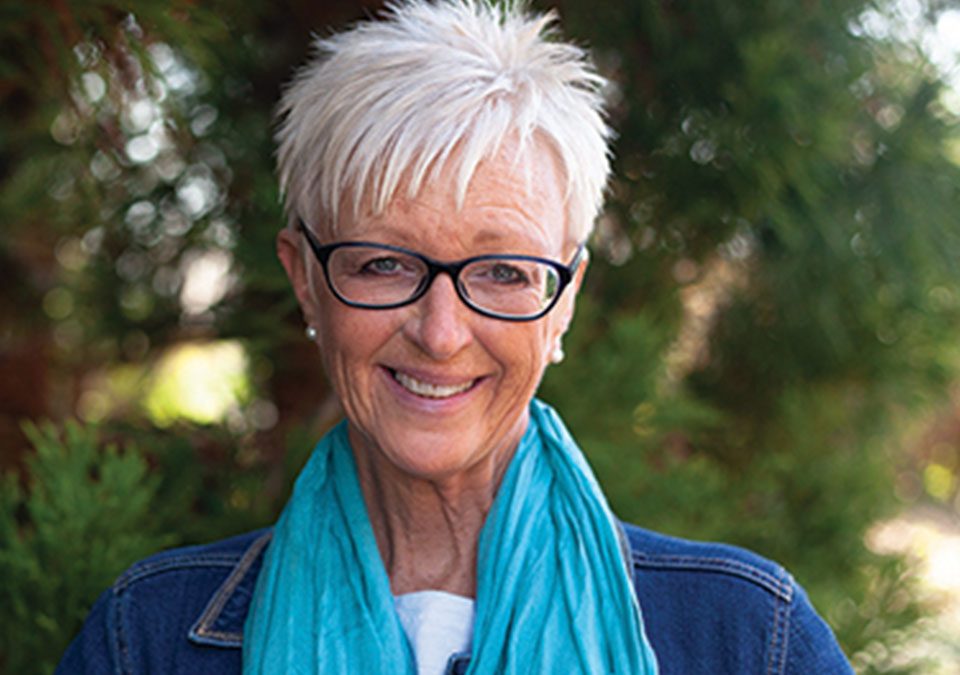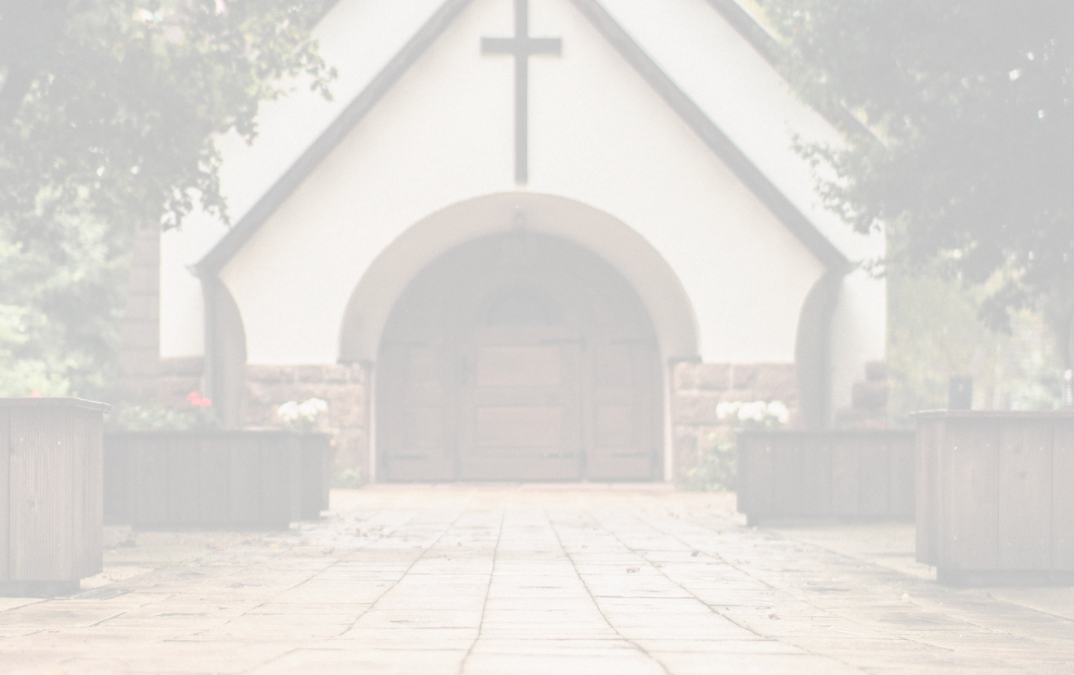
Care2Foster believes that any family that has a loving home would make an excellent foster family regardless of religious affiliation. However, many places of worship see foster care and adoption as part of their core values- to care for those in need.
Matt Alley is a Campus Pastor at NewSpring Church. He shares with us today on #FosterFridayLive how churches and believers can intentionally support foster care- whether that is by stepping up to foster or by supporting foster and adoptive families. Not everyone is called to be a foster parent, but everyone can do something. Jason Johnson says it well, “At {our} church, some of us are going to bring children into our homes; the rest of us are going to find ways to serve and support them!”

Matt has been pastoring at NewSpring Church in Greenwood for a little over 7 years. He has been married to his wife for 10 years. They have two children; Maddie who is 4 and Jace who is 1.
Does the Church care about foster care?
NewSpring cares about foster care. I think the Church should care about foster care, but I think in some cases it doesn’t. Really when you think about what foster care is, it lines up so well with our Christian faith. We preach about a God who pursues us, who takes us in, who cares for the spiritually fatherless, the people who have no voice, the people who have no one else to care for them. I mean that’s what the bible is full of- over and over again. Jesus talks about leaving the 99 and going after the one. Really when you read the Bible and you talk about the Christian faith, God takes us in and he adopts us, makes us part of his family. Really it lines up so well with what foster care is. In the Christian faith, we talk about kids and we see how obvious it is in scripture that children and people who have no family and no one to speak up for them, that God cares about those people. They are close to Jesus’ heart so as believers they’ve got to be close to our hearts as well. I think it’s vital for the church to care about foster care.
Not everyone can foster. What are some of the things that the church or believers can do to support foster care?
Every Christian makes up the body of Christ. We all have different gifts and different passions and different burdens. We’re all different parts of the body. That’s important to realize in the foster care world as well. Not everyone is called to foster, not everyone is meant to foster, but I think everyone in the church in their own way can play their own part. Everyone with their own unique giftings can do something in regards to foster care. I think for some people maybe it’s praying. For some people it may be supporting foster parents through their local Foster Parent Association- helping them stock a pantry or helping them with needs, helping foster families within the church. Maybe when a family begins to foster, maybe it’s taking them meals or taking them care packages. Asking, “what do you need?” “What can we buy?” “What kind of groceries can we buy or what size diapers do you need, wipes, or cleaning products?” Me and my wife are really good friends with a foster family in our home group. Lots of the people inside our small group gave them clothes from when our kids were little. We would support and take them meals. I saw that example lived out and it seemed like something that really helped a lot. So I think that it’s something we can do for all foster families.
Churches can hold certification classes for babysitters or find certified babysitters for foster families. Or certify some babysitters and have a foster care date night. That’s one of the things that we are thinking through for next year. Such a cool way to support foster families inside of the church or inside of the community- it doesn’t have to be just people who are a part of your church. I think one thing that keeps people from doing something is if they don’t feel called to foster, impressed to do it themselves, they don’t do anything with it at all. It’s not out of an impure heart, but they just don’t support it at all because they don’t know how they can. Or maybe they don’t know anyone personally who is fostering. I think that churches can do things like that; things that could really help foster families inside of community. That support is so important and so beneficial.
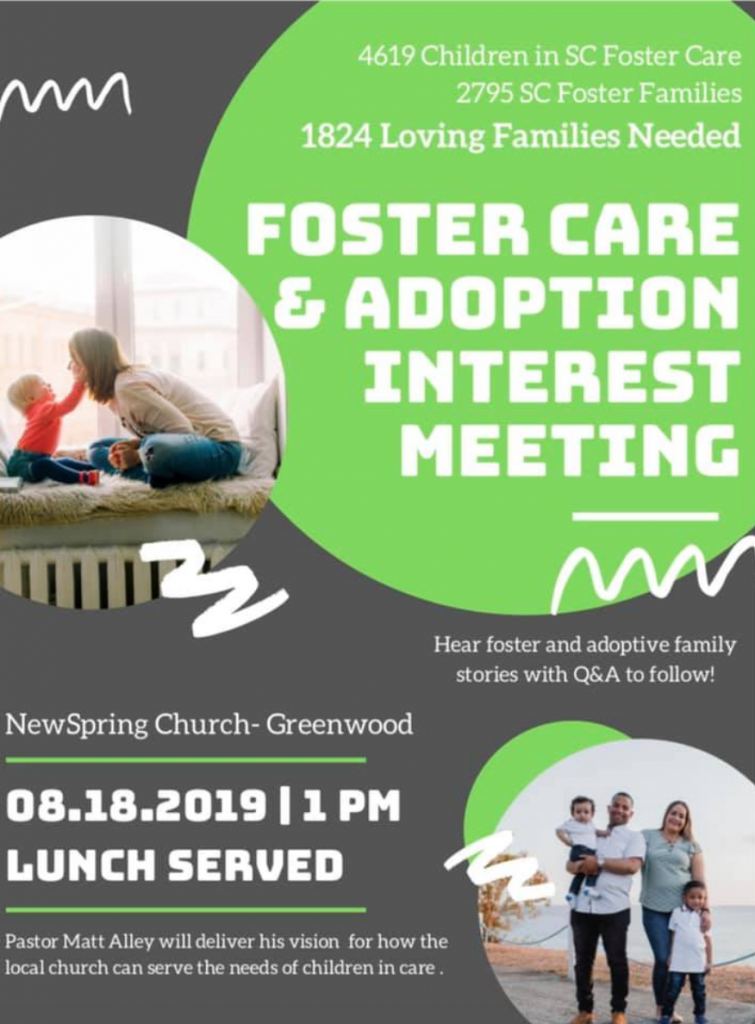
NewSpring Greenwood has committed to foster care in the community in a few ways. One of the things we did was a foster care interest lunch. We had a lot of people show up. We fed them lunch, told them about foster care, what the process was, and asked if we could help in anyway. I know that it has sparked a lot of conversations for some couples in our church, saying “do we foster?” I know a couple that is in the process of fostering and adopting right now from that meeting. I think that’s such an easy thing to do. All we had to do is provide lunch, bring families in to talk about foster care and invite people in. We just said if this is something you’re interested in or might be interested in one day, just come to lunch. It can’t hurt anything to come to lunch. So that’s one thing we did.
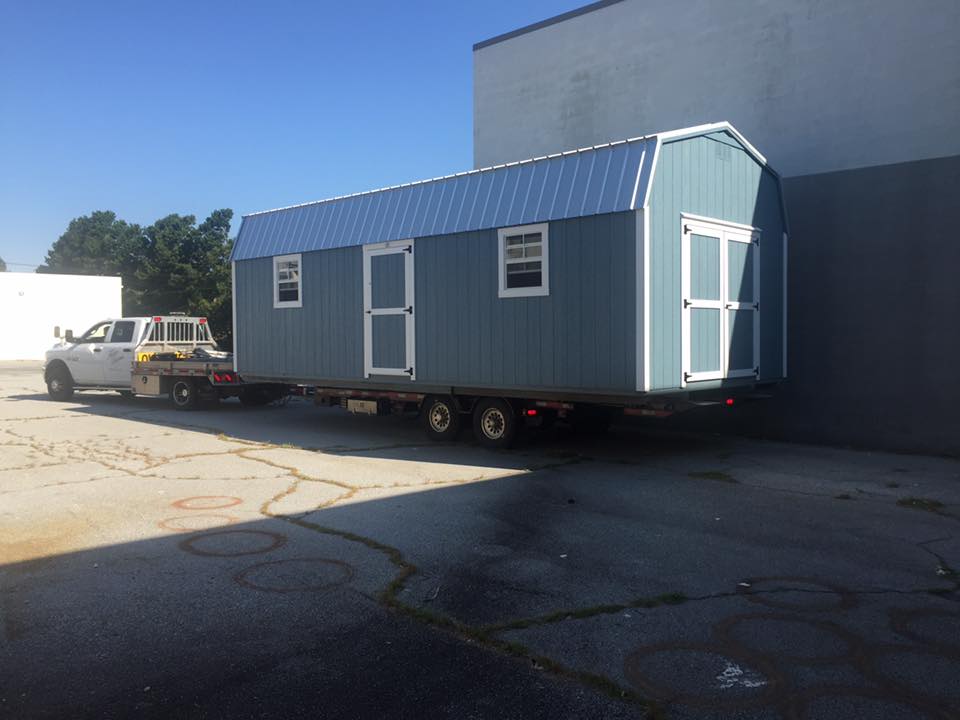
We partnered with the Greenwood Foster Parent Association and helped them get the funds they needed, they were short, and then allow them to put their Foster Share Closet on our property so that foster families have a place to get the supplies that they need. My wife and I don’t foster, but my understanding is that there’s sometimes where you don’t have a whole lot of notice and it’s quick. Somewhere at our church where people can come and get diapers and wipes and the things that they need quickly – why not provide that? I mean we have a property here that’s sitting here, why not do something useful with it?
What is stopping the church and believers from solving the foster care crisis?
There are so many kids in SC foster care and not nearly enough homes. Statistically we know that if one family in every three churches fostered, the crisis would be solved.
That blows my mind. Some churches unfortunately have become very insider focused- focused on the needs of the people inside of the church, staying inside the walls. They worry about things like attendance and all these other things more than we’re concerned with advancing the Kingdom of God inside our communities. I think because of that internal focus that has happened in a lot of churches, we don’t think about it. When you don’t think about it, you don’t talk about it.
For individuals, I think there are lots of things. What I’ve learned about people is that anything that they can use as an excuse is going to keep them from doing something. I think it’s all the things you’ve heard before- there are a lot of hoops to jump through, my house isn’t set up for this, I’m worried about my current kids, I don’t think that I could foster kids and then see them leave my house and go somewhere else. We see things like race and different prejudices and different biases that keep people from fostering. There’s “well we’ll do it, but we’ll only do it for certain types of kids.” It’s the unknown that is scary – not knowing what you’re going to have to deal with and all of those things. And honestly, every single one of those things come from a root of selfishness.
My wife and I are praying through foster care and adoption and what that looks like for us one day. One of the things that I said for a long time that God really convicted me of was, and I just used this as an excuse, saying “I just don’t think that I can foster a child knowing that my goal was to get them back to their family eventually.” Because I can’t imagine how much it would hurt and how hard that would be. And someone told my wife and I, “the thing that you’ve got wrong is that you’re making foster care about you. It’s not about you.” Foster care is about the children.
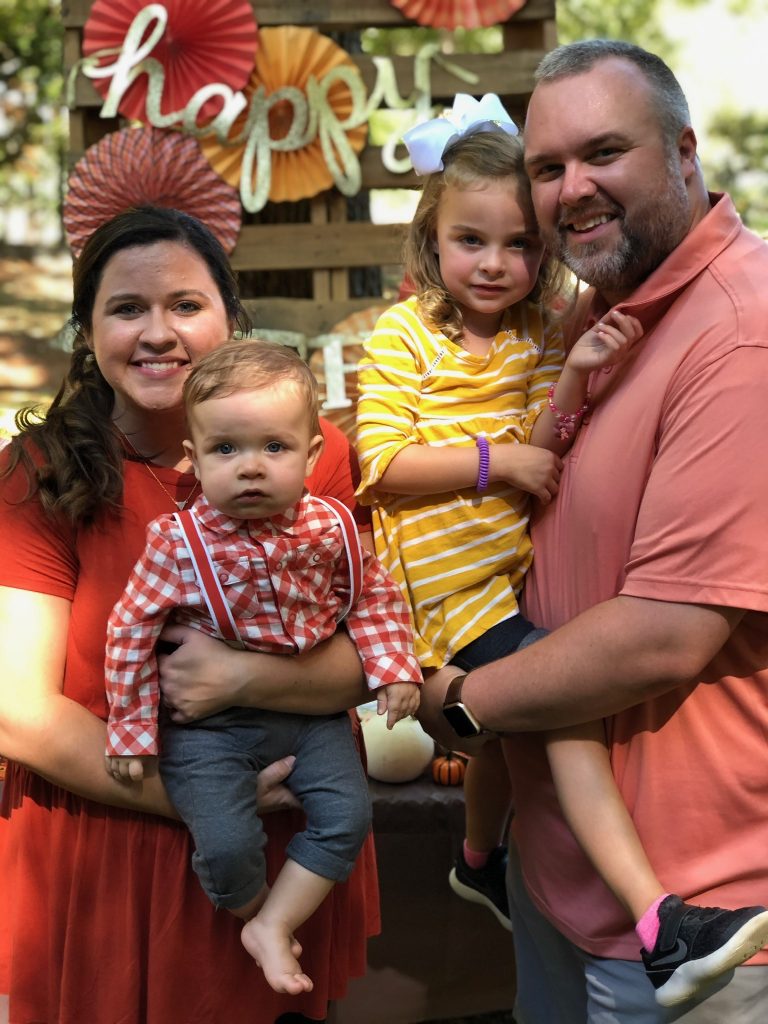
When she said that it reframed my perspective a little bit on every excuse that people use. It’s always about themselves. Foster care inherently isn’t about us. As Christians, we follow Jesus who preaches over and over that your life isn’t supposed to be lived with you in mind. It’s about putting the needs of others before your own needs, putting other people’s value ahead of yourself. Jesus said specifically in Matthew 16, “Deny yourself, pick up your cross and follow me.” And I think that foster care is honestly a way that we can do that- deny ourselves and realize it’s not about us, it’s about the children. So let’s deny ourselves and let’s follow Jesus who had a heart for children – specifically those that didn’t have anyone to care about them or a voice – and let’s care about them. The reason this is such an important conversation is because the blunt reality of it is this, the statistics show that churches have the solution to the foster care crisis. One family out of every three churches should not be hard to achieve. So we have the solution, we just have to be willing to do something.
For someone of faith who is passionate about supporting foster care but they don’t see their church currently doing anything, what would you advise them as a first step?
I would tell them to do something. I think that the fear of being the only one or being first holds us back from doing something that we need to do. Someone always has to go first. And you see all throughout scripture that the people who make the biggest difference are the people who have the courage and the boldness to go first. The Samaritan woman that Jesus talks to in John 4, she’s had this past of different marriages and has a horrible reputation in her community. She has her conversation with Jesus and her life is changed. She goes back to her town and her entire town becomes followers of Jesus because she was bold enough and courageous enough to not let her past stop her, not let her reputation stop her, and not let the fear of being the only one stop her. And it changed her entire city.
So I would encourage that person, the person who wanted to make an impact in their church or their community, to go first. They might change it inside of their church. For a long time our church wasn’t doing what we could do for foster care, but it took a couple of bold and brave families inside of our church saying “we feel called to foster and we want you as our church to support us” and that jump started some things here. Maybe them going first is the thing that is between what they’re seeing currently and what they want to see. So maybe it’s just being the first to get going and then all of a sudden things will fall into place. So do something! I would also encourage them to find a local organization, local foster parents, or a local Foster Parent Association because I think even if they aren’t getting the support they need in the church, there are people in the community who could help give them some of that support. So find those people outside of the church who are also going through it.
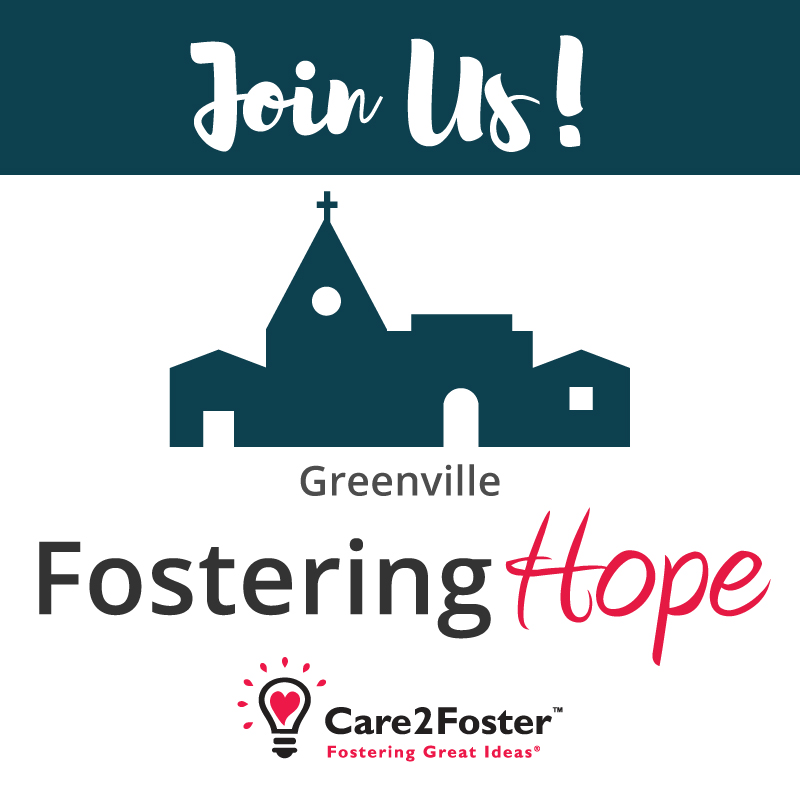
If you are a family in the Upstate considering foster care, you can join Care2Foster at Fostering Hope Greenville on November 19, 2019. Right now, Greenville County SC has 4️⃣9️⃣5️⃣ children in foster care, and only 3️⃣5️⃣7️⃣ foster families. We need 1️⃣3️⃣8️⃣ more foster families so that every child can live with a family.
THE SOLUTION
If 1️⃣ family in every 3️⃣ churches fostered, the need would be met! Can you help? Not everyone can foster, but everyone can do something.
FOSTERING HOPE
Fostering Hope is an inspiring evening where families come together across denominations in the Christian community to do something about the foster care crisis. Together, we can be the solution to finding a family for every child in foster care in our community. The evening is filled with testimonies from children and families who have gotten involved in the foster care system and seen life-changing transformation in their lives.
Come. Be Inspired. See where you fit in and what you can do to help a child in need. Childcare is provided for families who register for the event.
Snacks and refreshments will be provided. Please eat dinner before you come. Bring a friend, family member, or neighbor to enjoy the evening with you. The event is FREE!
Questions: contact Kristen Gray at (864) 325-7318
All guests are asked to register as seating is limited.
If you are moved to do something, contact the leadership at your place of worship to find out what is already happening to support foster care. If there’s nothing being done, reach out to your friends or small group and try to see what you can do. Start small if you need to. For more ideas, reach out to [email protected] and we’ll help you brainstorm some ways to get started.

